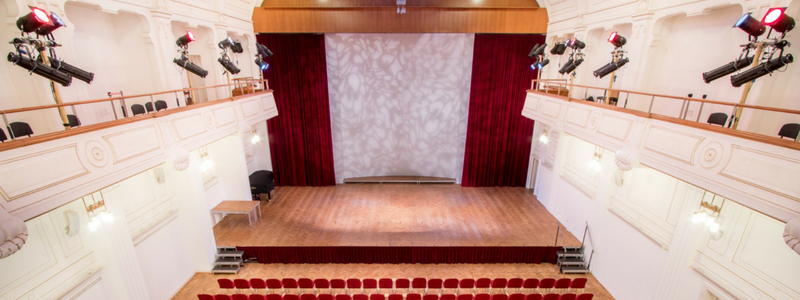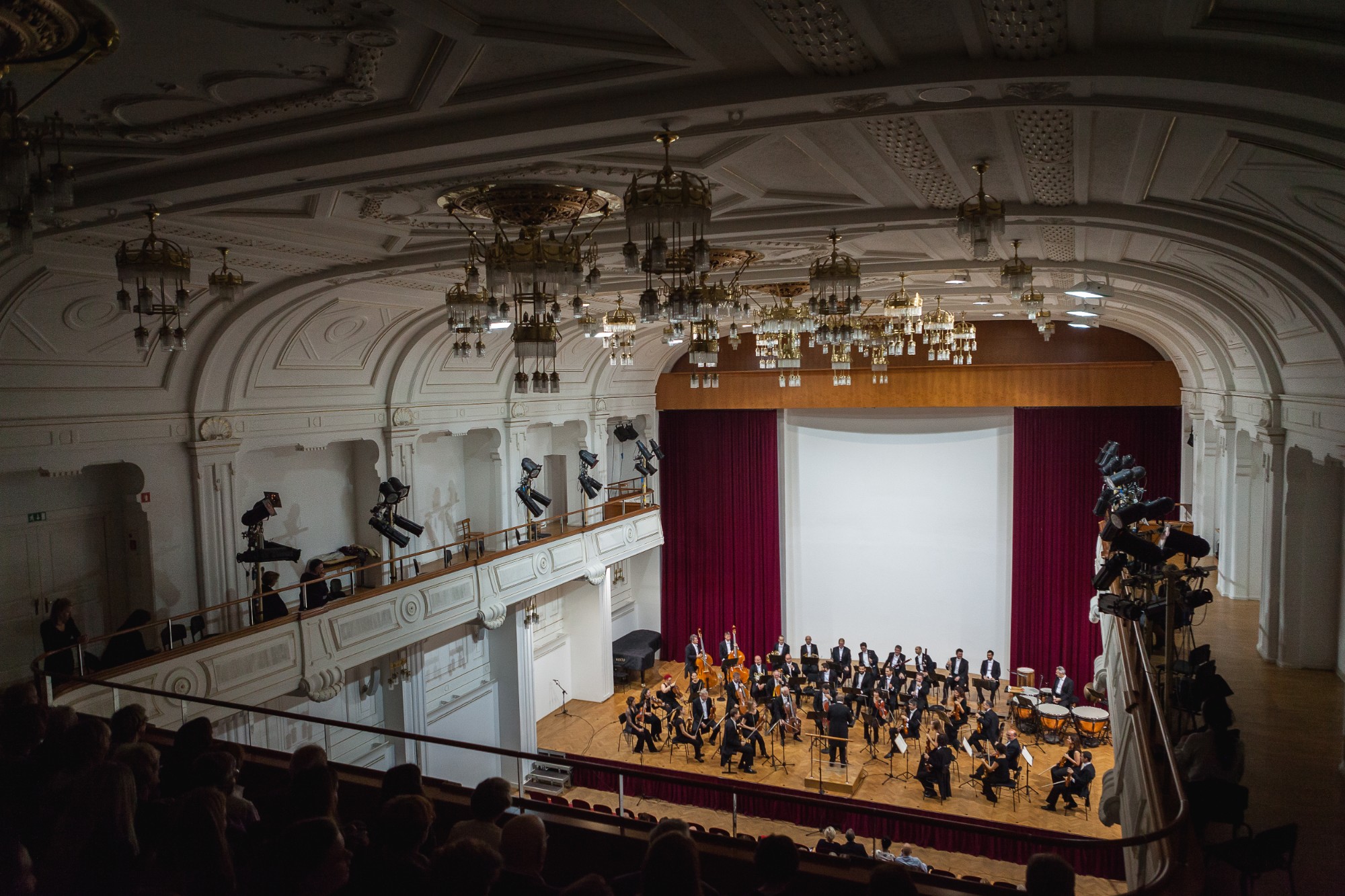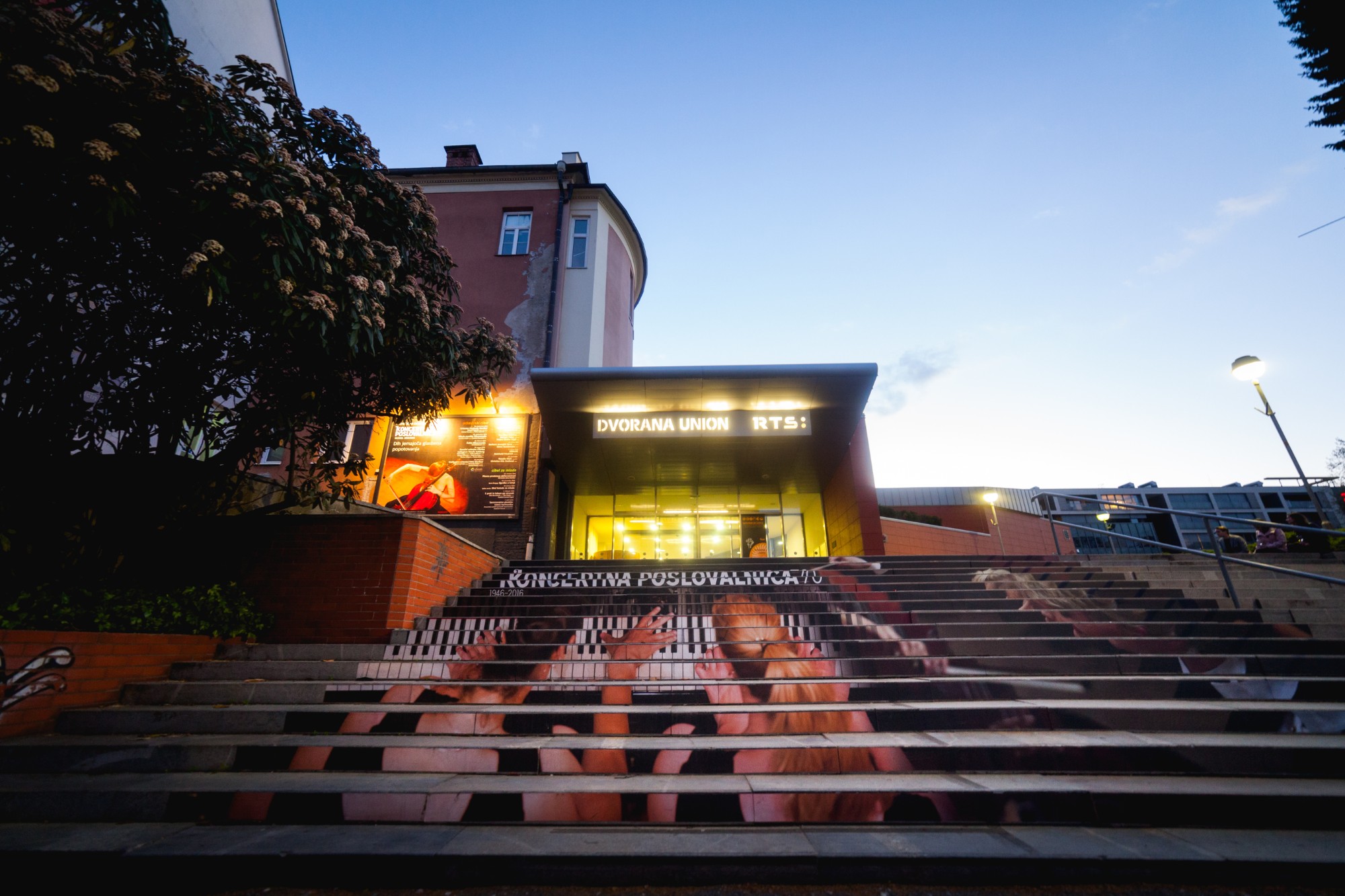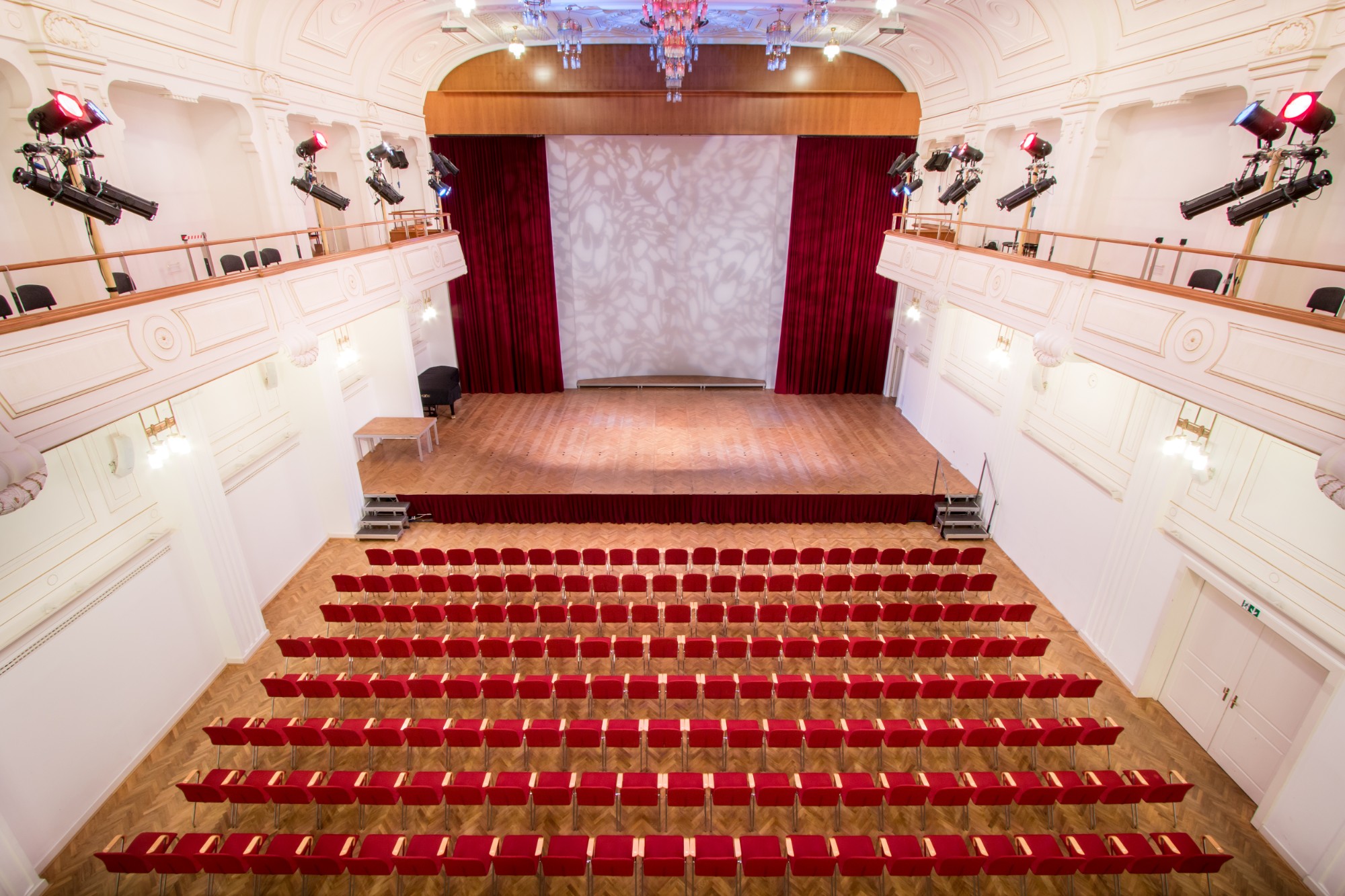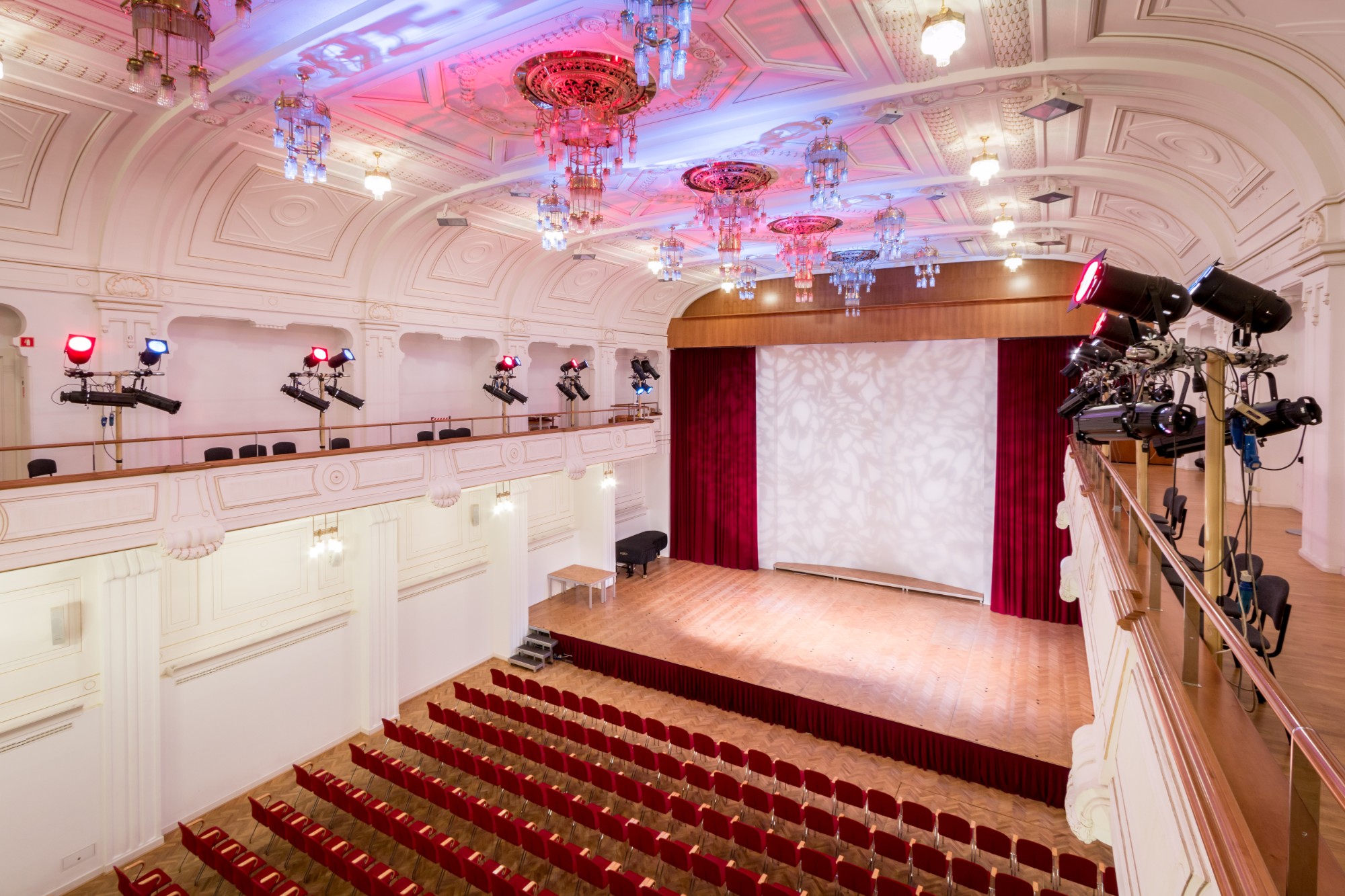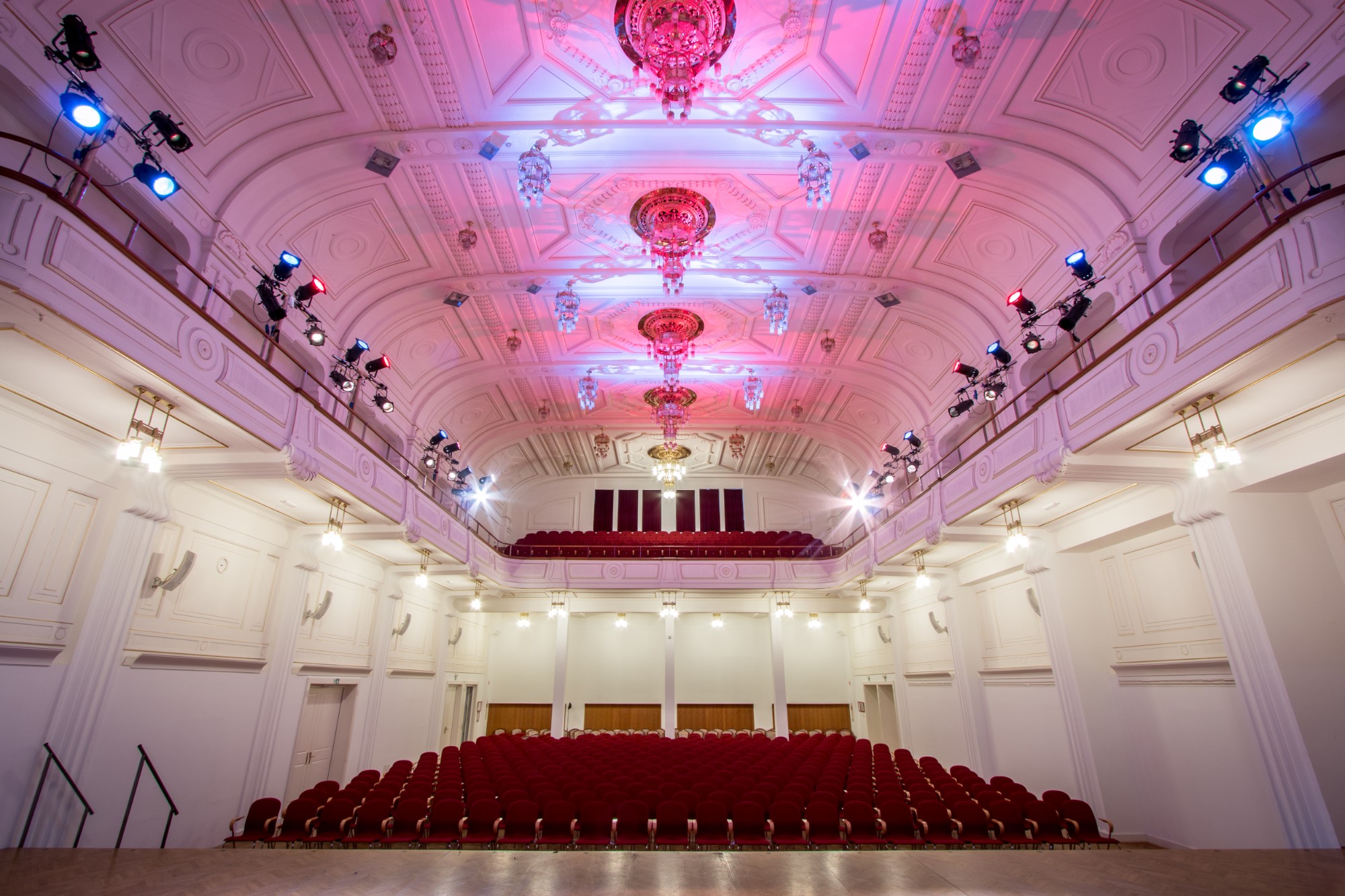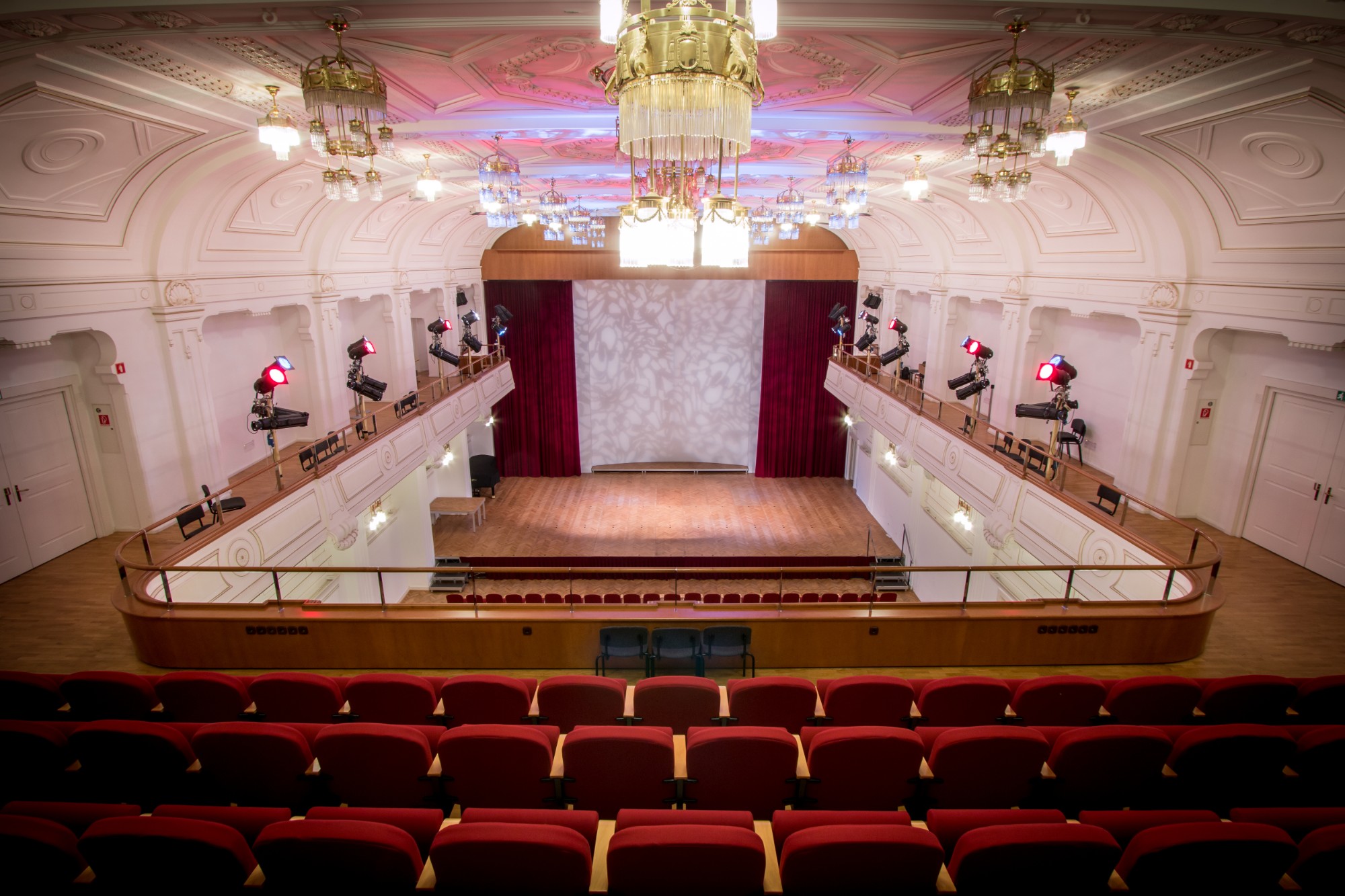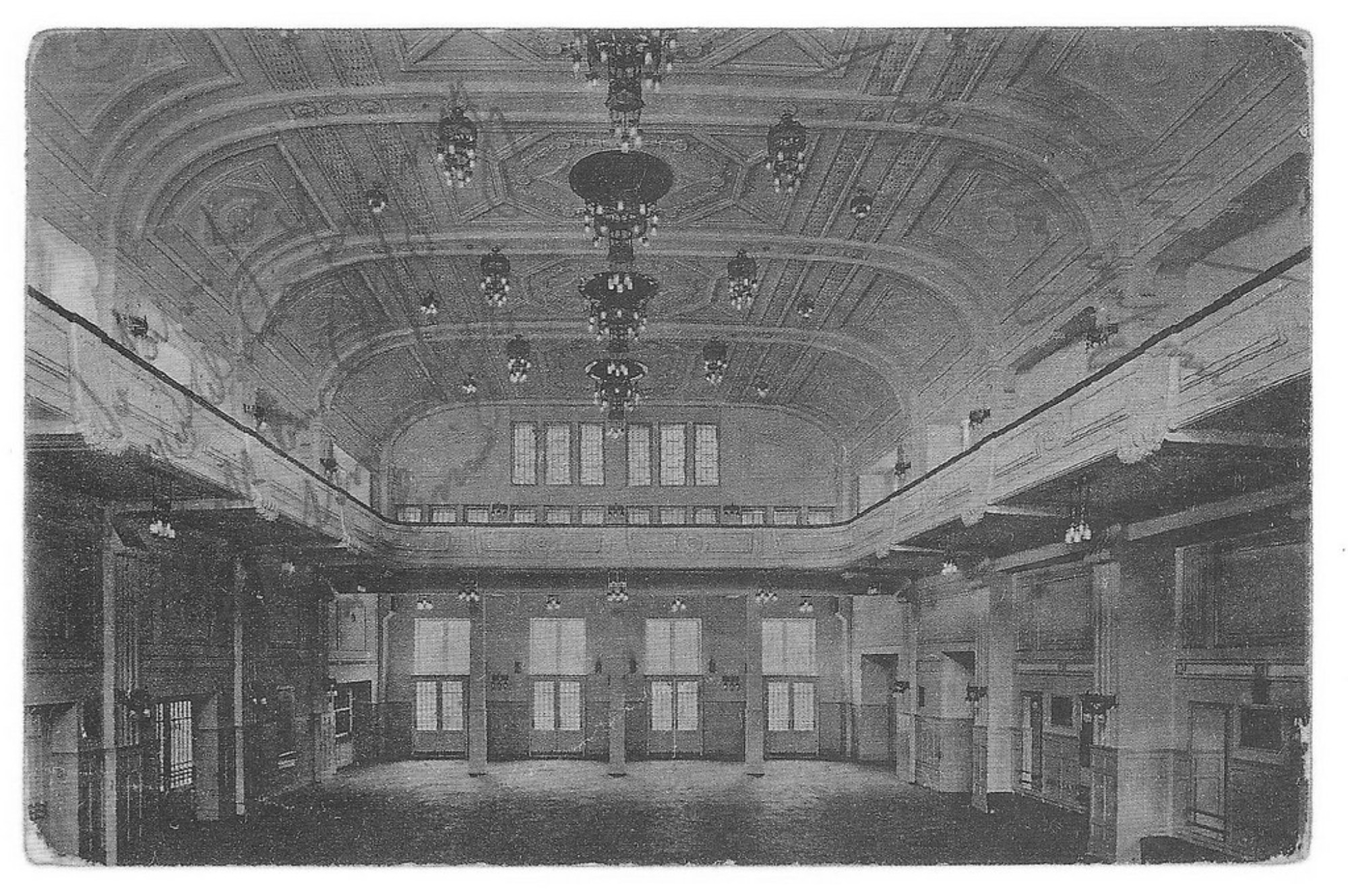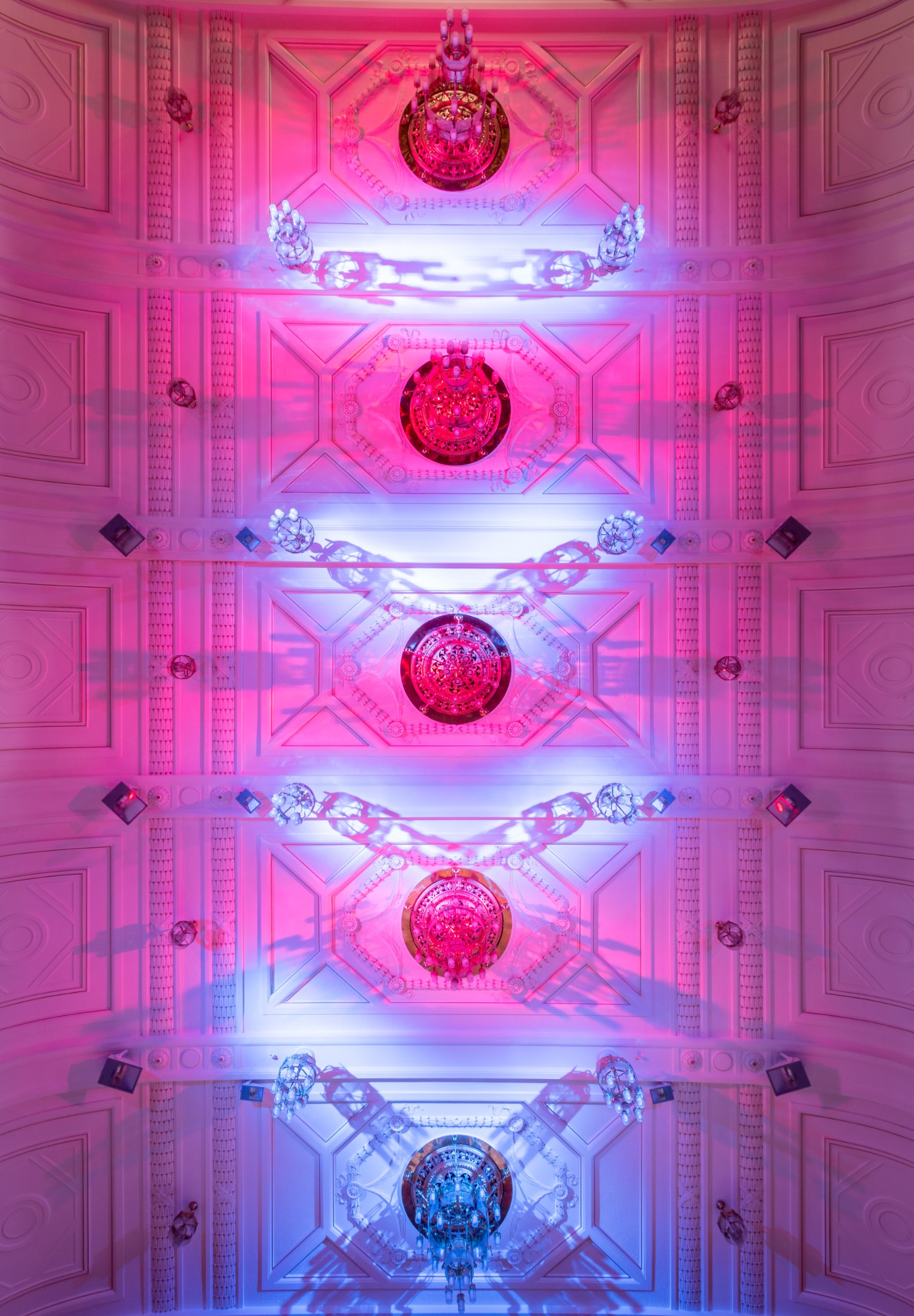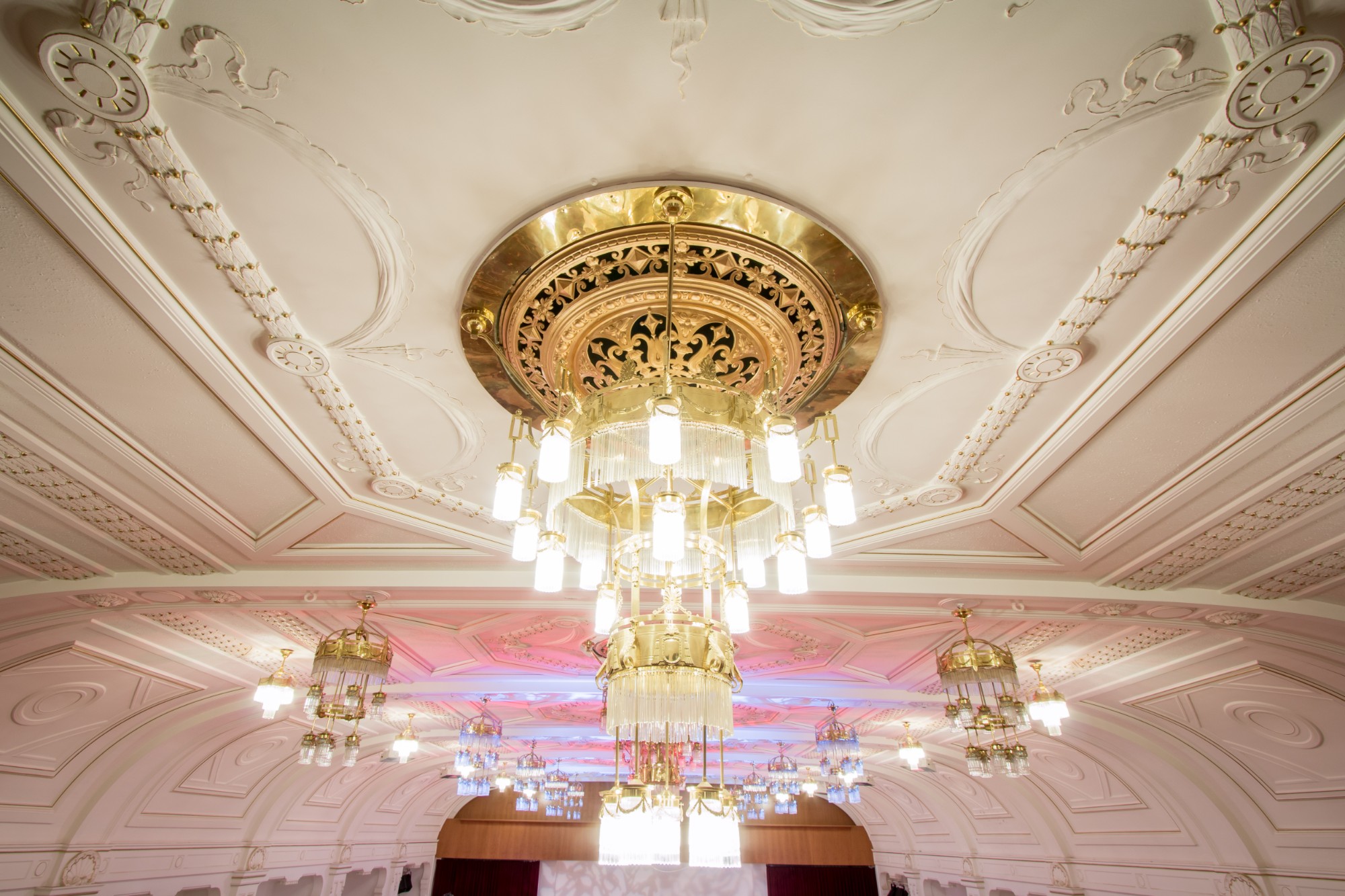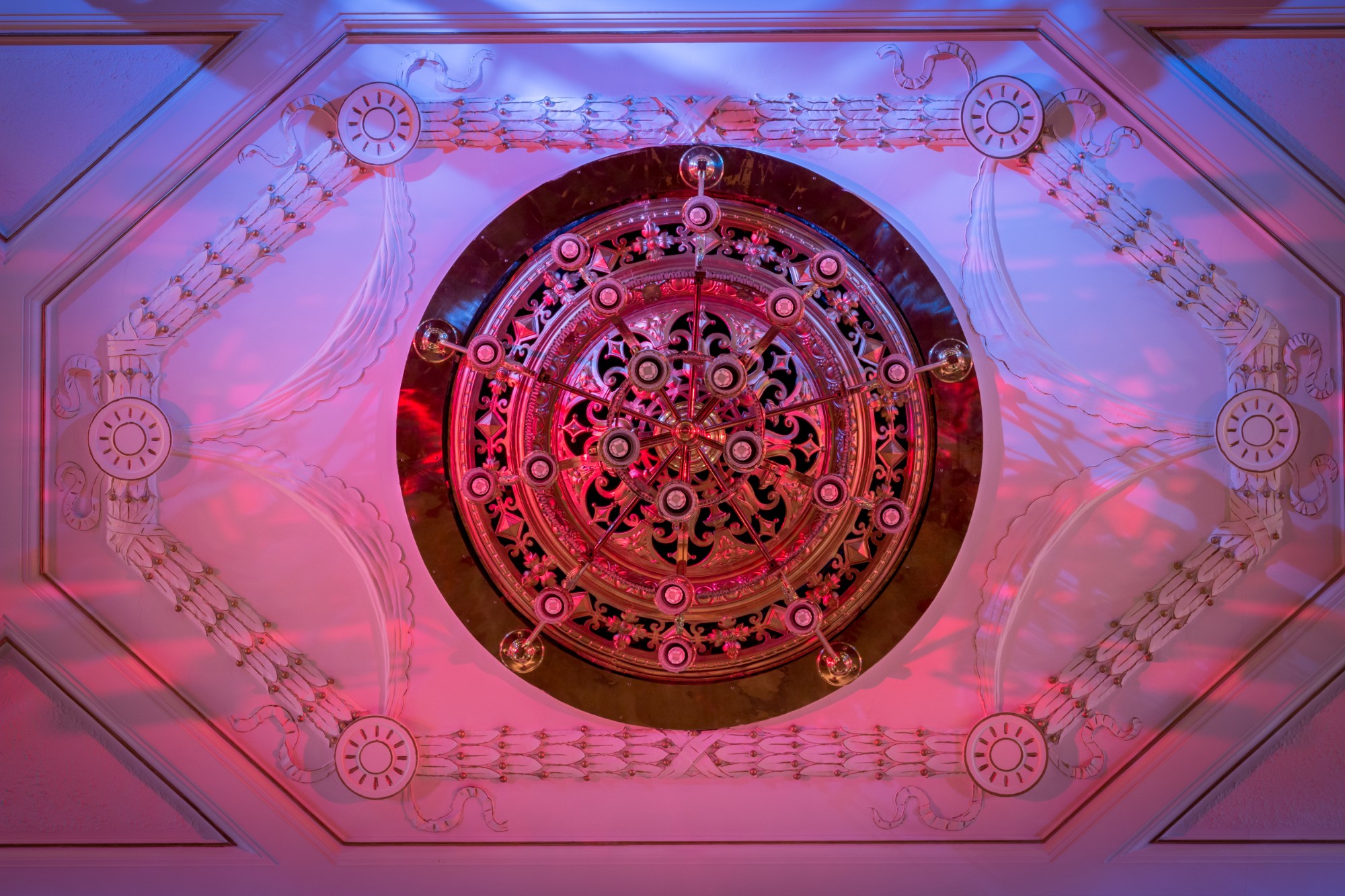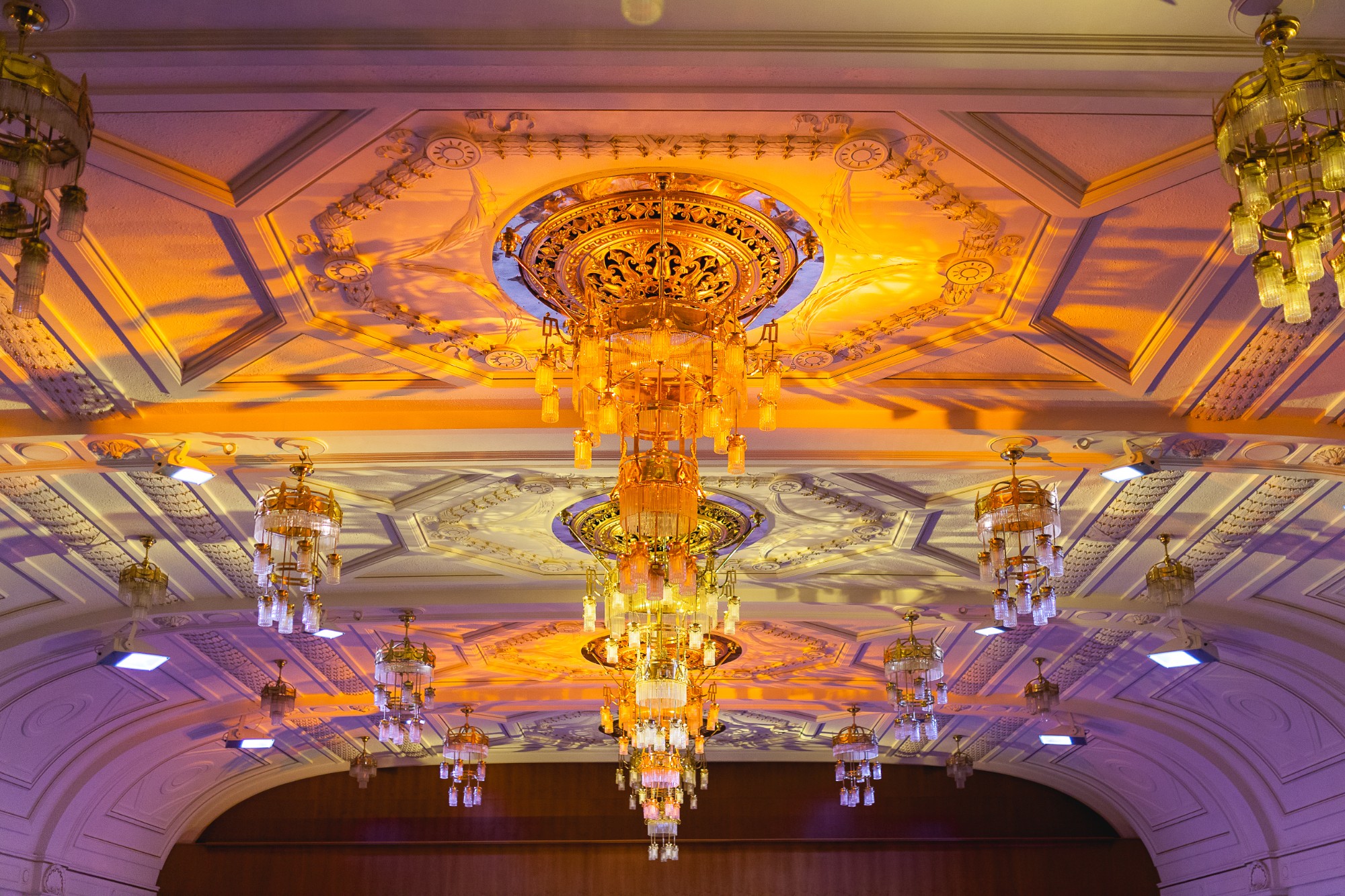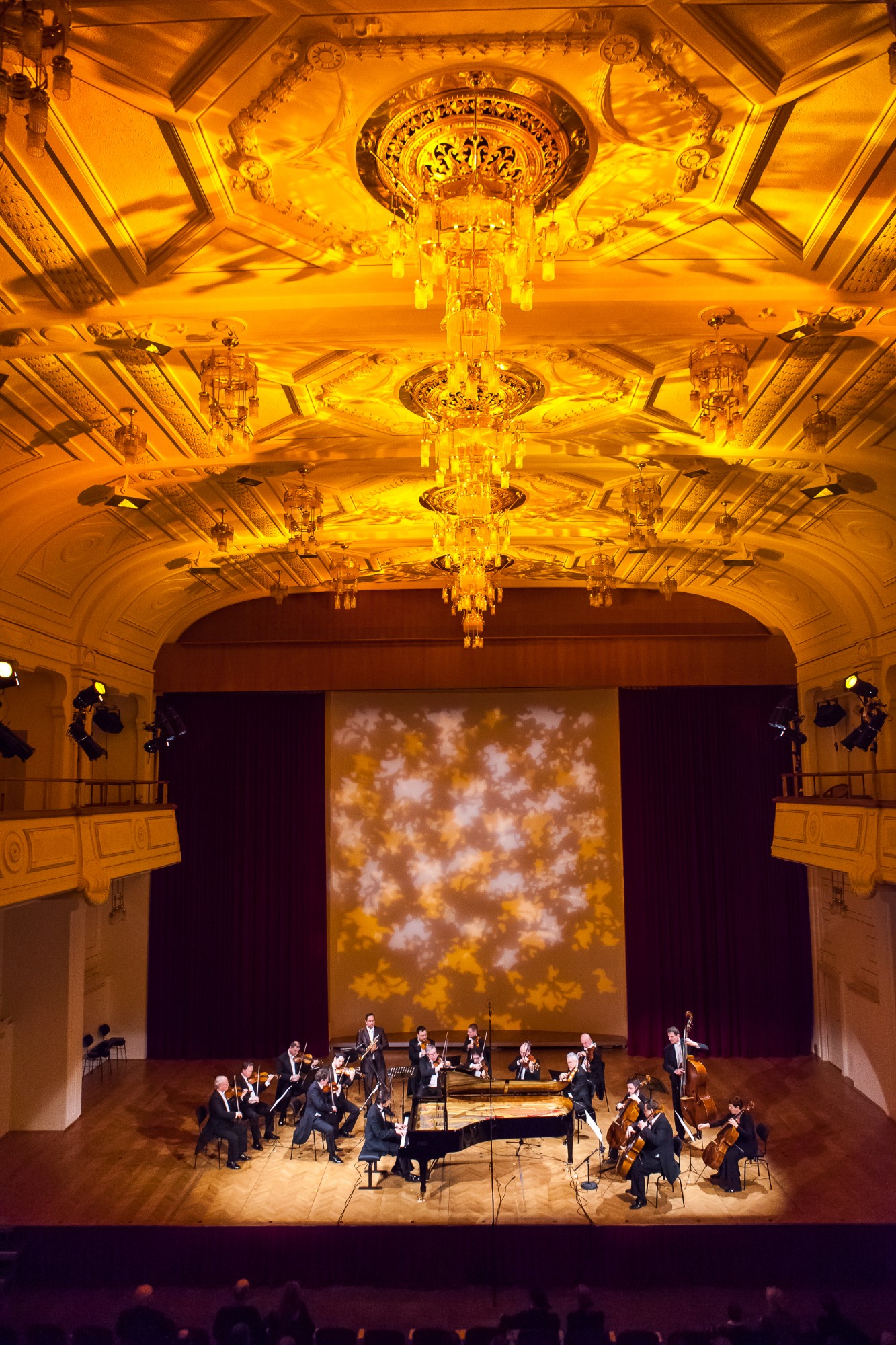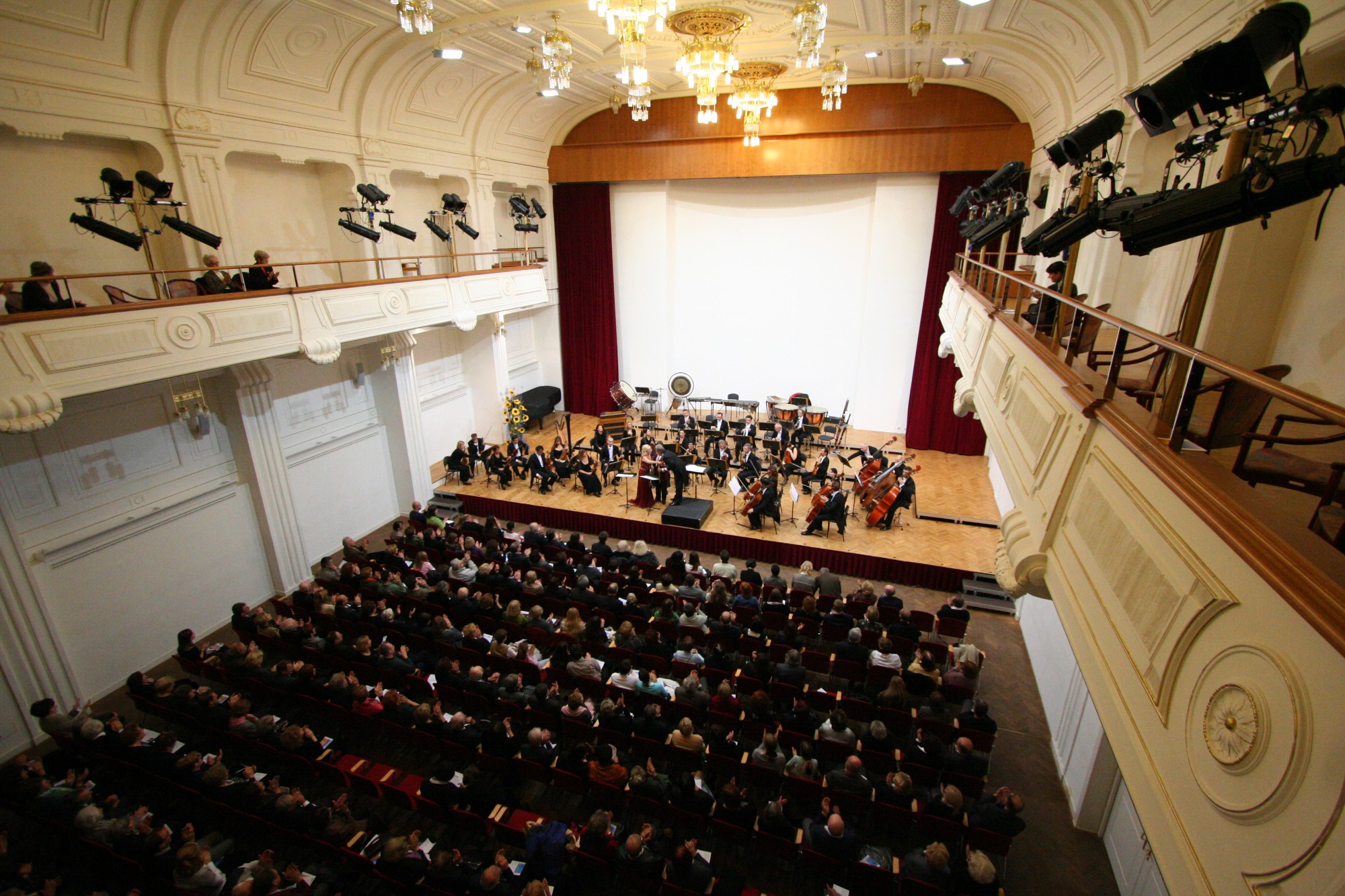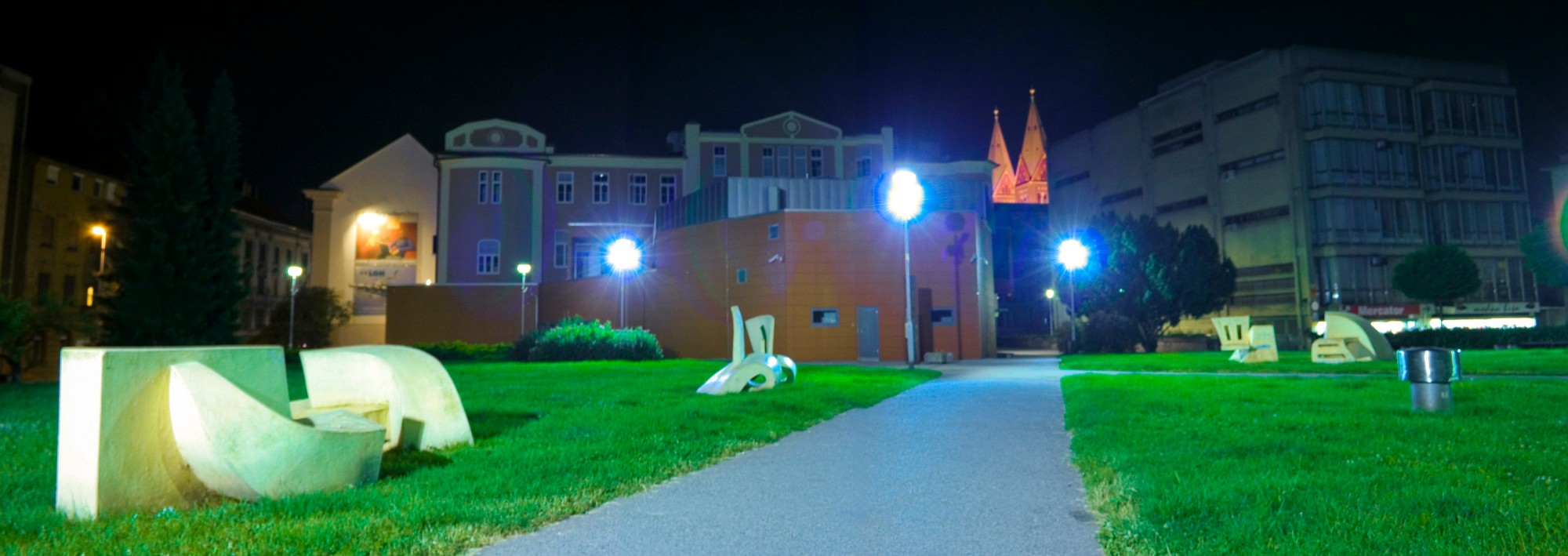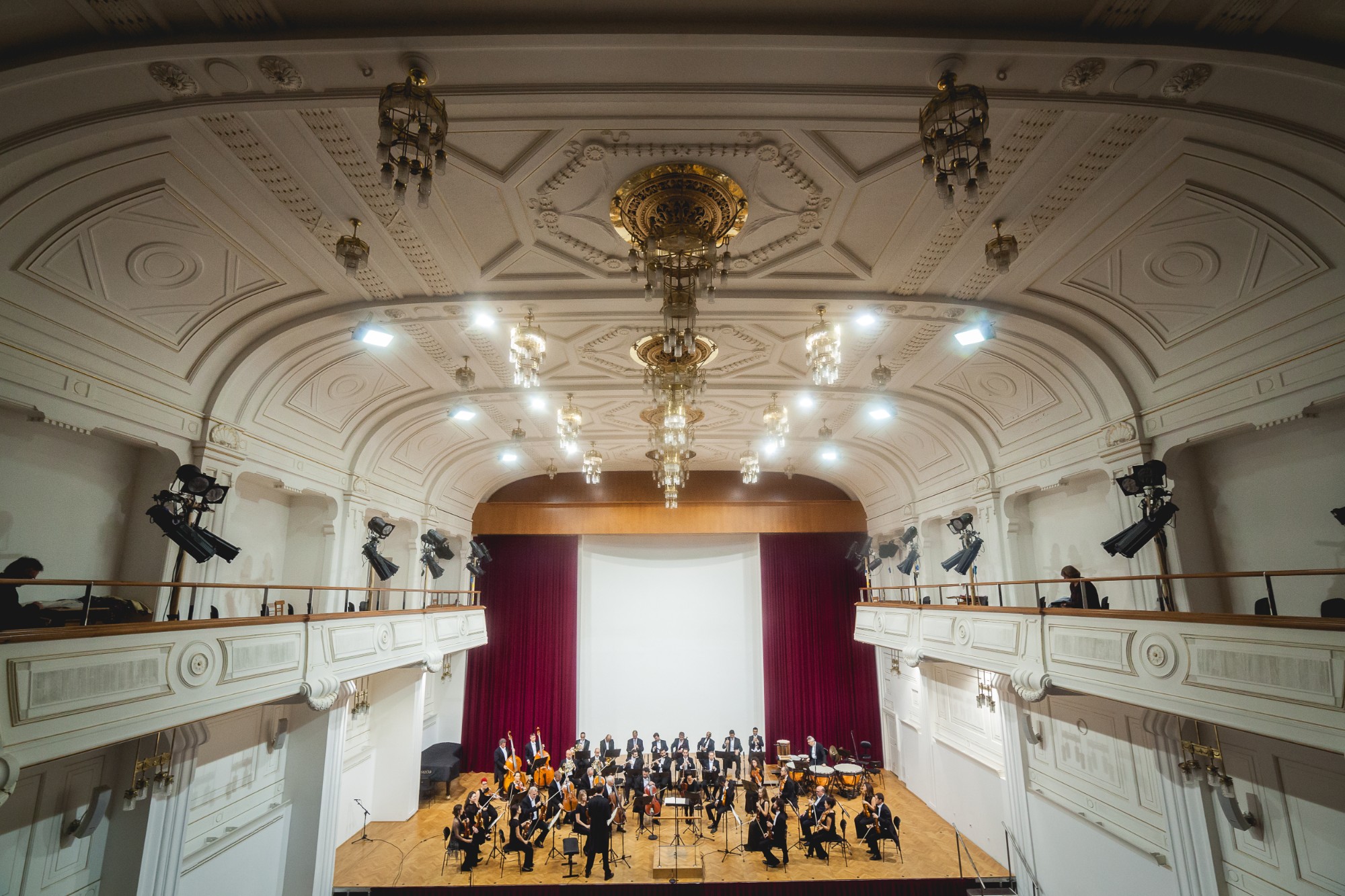The present-day Union Hall is the only surviving building constituting the former Goetz Brewery (named after Tomaž Goetz from Württemberg), the leading Maribor brewery from the 1860s until World War I. Experiencing strong growth, the establishment employed the most advanced brewing technology in all of the Slovenian Štajerska (Styria) region.
The brewery’s main building, Goetz Hall, the present-day Union Hall, one of the last important examples of historical (neo-baroque) architecture, was built in 1911. At the time, Union Hall was the largest performance venue in Maribor.
In 1926, the Goetz Brewery merged with the Ljubljana Union Brewery PLC, becoming a subsidiary. The only trace of this merger is shown in the name of the defunct brewery’s only surviving building, ‘Union’ Hall. Union first limited and then entirely stopped Maribor Brewery’s production; from then on, the subsidiary’s only function was to store Union beer. At the same time, this large industrial complex in the city centre was put up for sale and sold to the Savings and Loan Bank Narodni dom and the Maribor – Matica Society. The latter took over the Union Hall, while the Savings and Loan Bank took the other buildings. Of the original brewery complex, only the Union Hall building has survived; today, a five-storey office and commercial building stands on the site of the former complex, which was partly demolished in 1961.
In 1881, German musicians and music lovers established a Philharmonic Society (an orchestra, choirs, a music school, etc.) in Maribor. In 1910, in view of the widely spreading Germanisation, Slovenians established a Music Society, with a seat on the third floor of the Union building. Owing to a lack of teachers and insufficient number of students, the school closed down in 1918, passing on its mission to the Glasbena matica Music Society. After World War II, General Rudolf Maister organised the Military Band of Lower Styria, which held its first symphony concert in Maribor’s Union Hall (still known at the time as the Goetz Hall) on 24 March 1919. That same year, composer, choirmaster and court councillor Oskar Dev formed a choir, which presented its first concert in the Union Hall on 21 June 1919 in cooperation with the Military Band. In 1919, Dev established the Maribor Glasbena matica Music Society, modelled after the one in Ljubljana. Until World War II, Glasbena matica served as Maribor’s main music association. Glasbena matica inherited the German Philharmonic Society’s movable assets, and set up its headquarters on the third floor of the Union building. A music school was established that same year.
In accordance with the Republic of Slovenia’s Ordinance Designating Cultural and Historical Monuments in the Area of the Municipality of Maribor, the Union Hall – a major architectural and historic landmark – was declared a monument of national importance in 1992.
In performing its cultural mission, the Union Hall has been enriching the lives of Slovenians in Maribor for close to a hundred years, and played an important role in counteracting the aggressive policy of Germanisation introduced in this part of Slovenia. In this day and age, in some concerns another turning point in modern Slovenian history, it is our historical responsibility to furnish Union Hall, in recognition of its past achievements and role, with a cultural mission proportional to its historical legacy, which would ensure its continuing relevance.
The Union Hall building is located in Rakuš Square, protruding slightly from the series of buildings lining Prešernova Street, and adjacent to, at its south end, a five-storey office and commercial building situated in Partizanska Street. Incorporating the RTS Media premises in addition to Union Hall, the building serves the purpose of providing public cultural programme. Its main entrance is located in Prešernova Street or Rakuš Square, and the driveway is in Razlagova Street.
Notable classical music ensembles performing in Union Hall within the context of concerts organised by Maribor’s Koncertna poslovalnica concert agency include the Academy of St Martin in the Fields Chamber Ensemble, the Czech Philharmonic, the Royal Liverpool Philharmonic Orchestra, the Netherlands Philharmonic Orchestra, the Moscow Philharmonic Orchestra, the Leningrad Philharmonic Orchestra, the Australian Chamber Orchestra, the New Zealand Symphony Orchestra, the BBC Philharmonic, the Borodin Quartet, the English Chamber Orchestra, Akademie für Alte Musik Berlin (the Academy for Early Music Berlin), the Tokyo String Quartet, the Leipzig String Orchestra and the Vienna Boys’ Choir. The Maribor venue has featured notable conductors, including Krzysztof Penderecki, Sergiu Celibidache, Mariss Jansons, Neeme Järvi, Paavo Järvi, Vasily Petrenko, Sir Roger Norrington, and musicians such as pianist Sviatoslav Richter, violinist Julian Rachlin, world-acclaimed baritone Christian Gerhaher, violinists Hilary Hahn and Sarah Chang, cellists Antonio Janigro, Mischa Maisky and Nicolas Altstaedt, violist Yuri Bashmet, mezzosoprano Marjana Lipovšek, soprano Bernarda Bobro, pianist Ivo Pogorelić and jazz musicians Lester Bowie and Sam Rivers, amongst numerous others.
Boris Črnič
